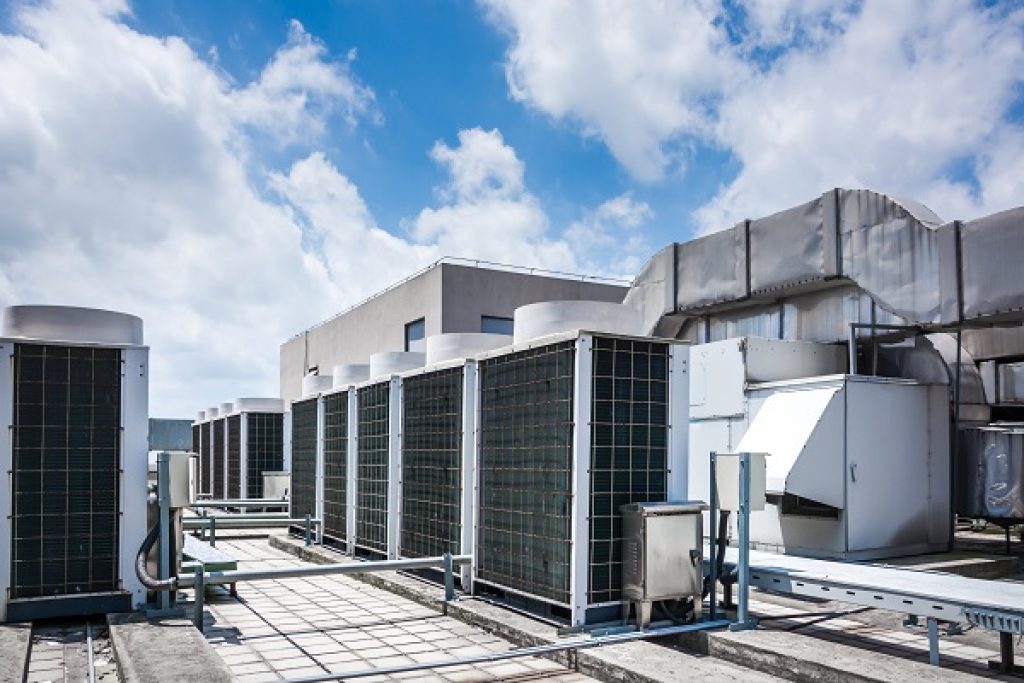Installing a new HVAC system in your home is a significant investment and not a decision to take lightly. There are several important factors you need to consider before proceeding with an HVAC installation to ensure you select the right system for your needs and that it is installed properly for maximum efficiency, performance, and cost savings. This article will discuss all the factors that should be evaluated while planning to install an HVAC system.

The Climate Of Your Location
The climate of your region dictates the HVAC system needed to maintain a comfortable temperature in your home throughout the year. For maximum efficiency, select units with high Seasonal Energy Efficiency Ratio (SEER) ratings for cooling and Heating Seasonal Performance Factor (HSPF) ratings for heating. With a unit that efficiently regulates the temperature based on your region’s climate and your specific needs, you’ll maintain ideal comfort while decreasing energy usage and lowering related costs.
The Placement Of Your HVAC Unit
The placement of your HVAC unit holds significance for optimal performance, efficiency, and comfort. Installing the unit in an area sheltered from excessive heat or cold will allow it to regulate the temperature more effectively while using less energy. When shielded from extreme temperatures, the system will not have to work as hard to maintain a steady indoor climate, resulting in lower operating costs.
Your Home Size
The size and square footage of your home determine the appropriately sized HVAC system needed to regulate the temperature properly while minimizing wasted energy and excessive costs. An oversized or undersized system will likely prove inefficient.
If the HVAC equipment has a heating and cooling capacity significantly larger than needed for your space, it will cycle on and off frequently to avoid overheating or overcooling the home. This can lead to higher energy usage and utility bills due to the extra workload. Conversely, a unit that is underpowered for the size of your home will struggle to adequately heat or cool the space, causing some areas to remain too hot or too cold. Again, this results in wasted energy, higher costs, and discomfort.
To ensure you choose an HVAC system with the proper capacity for your home, professionals recommend getting an energy assessment or audit.
Also Read: Reasons Why Your Small Home Needs Proper HVAC System
The Ductwork
Your ductwork carries the temperature-controlled air from your HVAC system throughout your space. It helps deliver heat and cooling for comfort where you need it most. Well-sized and installed ducts are essential to achieving optimal efficiency, effectiveness, and comfort with your HVAC equipment.
Improperly sized ductwork leads to issues like restricted airflow, reduced cooling/heating capacity, excess noise, higher costs, and uneven temperature control between rooms.
The Insulation
Insulation plays an important role in supporting your HVAC system and maximizing efficiency, cost-effectiveness, and comfort. Effective insulation of HVAC systems for new construction allows the system to easily maintain an ideal indoor temperature without excessive energy use or high utility bills. Proper insulation helps insulate the temperature-controlled air from escaping or external heat/cold from seeping in, which helps the HVAC work less to keep you comfortable.
Maintenance Plan
The HVAC solution selected should deliver comfortable temperature regulation for years to come with minimal issues or need for repair or replacement. When purchasing a new HVAC system, be sure to inquire about the comprehensive warranty coverage included as well as any optional extended warranty periods available.
The Energy Star Rating Of The Unit
An Energy Star rating guarantees that a product has met strict energy efficiency specifications set by the EPA and DOE, improving your comfort while reducing environmental impact and costs. An Energy Star-certified HVAC unit will use less energy to provide the same or better performance than standard equipment, resulting in significant savings and sustainability benefits.